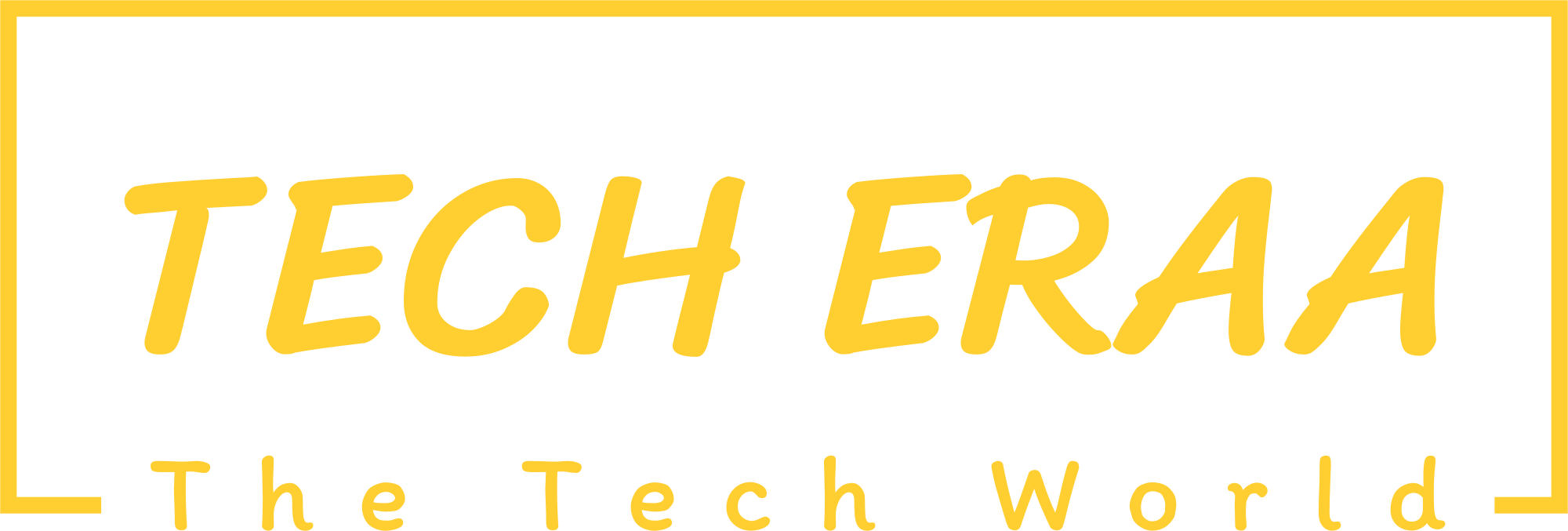Introduction
In the ever-evolving landscape of technology and innovation, we often find ourselves at the Dawn of a New Era. This pivotal moment marks not only significant advancements but also profound shifts in how we live, work, and interact with the world around us.
Understanding Technological Advancements
Historical Context
Throughout history, humanity has witnessed several transformative periods driven by technological breakthroughs. From the industrial revolution to the digital age, each era has brought about sweeping changes, fundamentally altering the way we conduct business, communicate, and perceive the world.
Current Innovations
In the present day, we stand on the brink of yet another revolution, propelled by cutting-edge technologies such as artificial intelligence, blockchain, and the Internet of Things (IoT). These innovations are not merely incremental improvements but rather disruptive forces reshaping entire industries and societal norms.
Impact on Society and Business
Shifts in Consumer Behavior
The dawn of this new era has ushered in a paradigm shift in consumer behavior. With access to an unprecedented amount of information and connectivity, consumers are more empowered and discerning than ever before. Businesses must adapt their strategies to meet the evolving demands and expectations of this tech-savvy audience.
Changes in the Job Market
Similarly, the rapid advancement of technology has significant implications for the job market. While automation and digitization offer increased efficiency and productivity, they also pose challenges such as job displacement and the need for upskilling and reskilling. Navigating this dynamic landscape requires foresight and agility from both individuals and organizations.
Opportunities and Challenges
Opportunities for Growth
Amidst the disruptions lie abundant opportunities for growth and innovation. Businesses that embrace emerging technologies and leverage them strategically stand to gain a competitive edge in the market. From enhanced customer experiences to streamlined operations, the possibilities are limitless for those willing to adapt and innovate.
Challenges to Overcome
However, the path forward is not without its obstacles. Organizations must contend with issues of data privacy, cybersecurity threats, and ethical considerations in the use of advanced technologies. Moreover, bridging the digital divide and ensuring inclusivity for all segments of society remains a pressing concern in this new era of technological advancement.
Adaptation and Resilience
Importance of Adaptation
In the face of such profound change, adaptation becomes imperative for survival. Whether it’s embracing emerging trends, reimagining business models, or fostering a culture of innovation, adaptability is the key to thriving in this dynamic environment. Those who resist change risk being left behind in the wake of progress.
Building Resilience in the Face of Change
Furthermore, resilience is essential for weathering the inevitable challenges and uncertainties that accompany any period of transition. By cultivating resilience at both individual and organizational levels, we can better withstand shocks and setbacks, emerging stronger and more resilient in the face of adversity.
Conclusion
As we stand on the threshold Dawn of a New Era defined by technological innovation and disruption, the choices we make today will shape the course of tomorrow. Embracing change, seizing opportunities, and fostering resilience are essential as we navigate the uncharted territory ahead. Let us embrace the dawn of this new era with optimism, courage, and a readiness to embrace the possibilities of tomorrow.
FAQs
1. What does “the dawn of a new era” signify?
- “The dawn of a new era” refers to a significant period marked by transformative technological advancements and societal shifts.
2. How are businesses affected by the dawn of this new era?
- Businesses must adapt to changing consumer behavior, leverage emerging technologies, and address challenges such as job displacement and cybersecurity threats.
3. What opportunities does the new era present?
- The new era offers opportunities for growth and innovation, including enhanced customer experiences, streamlined operations, and competitive advantages for forward-thinking businesses.
4. What challenges must be overcome in this new era?
- Challenges include issues of data privacy, cybersecurity threats, ethical considerations, and the need to bridge the digital divide and ensure inclusivity for all segments of society.
5. How can individuals and organizations prepare for the dawn of this new era?
- By embracing adaptation, fostering resilience, and cultivating a culture of innovation, individuals and organizations can navigate the complexities of the new era and thrive amidst change.


